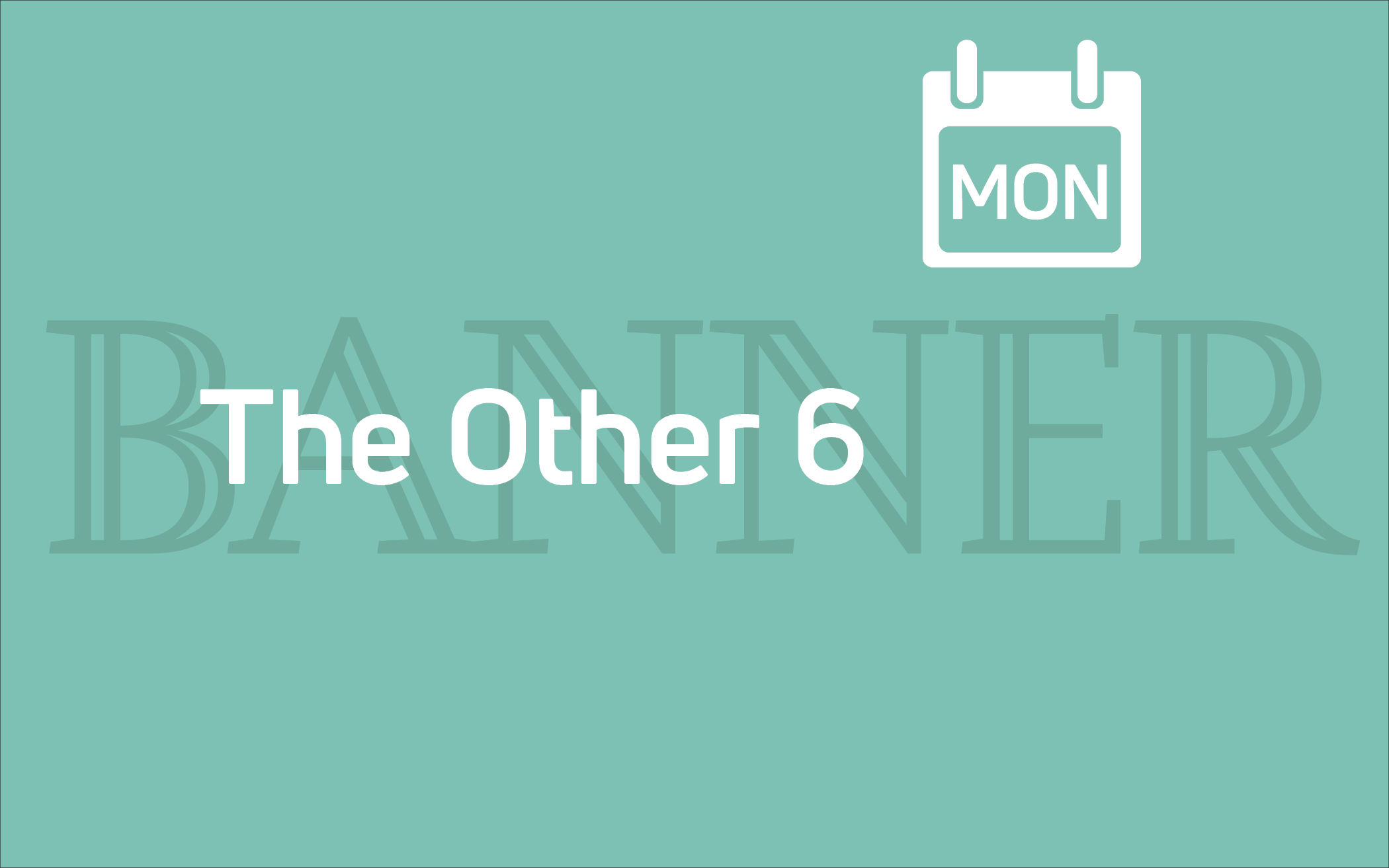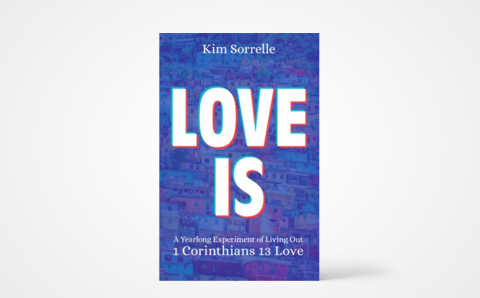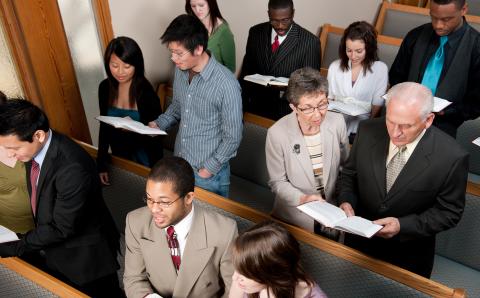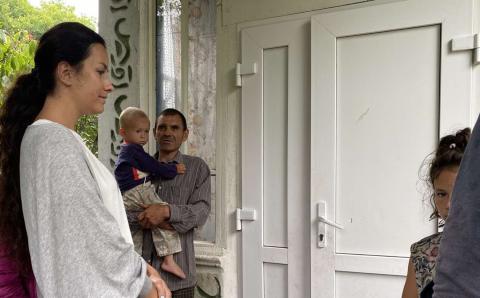Dear American partners and friends:
We are one denomination straddling two divergent legal and cultural systems.
There are a multitude of things for which we give thanks with respect to our American partners. In our religious tradition, we share one Lord, one faith, one baptism, not to mention confessions, church polity, and recent history. In our North American identity, we share the world’s longest undefended border, a similar language, common pop-culture reference points, and many shared defense interests.
So my effort below at contrast might seem to overlook what we share. But it might just be that those obvious similarities obscure a multitude of deep differences that are especially less visible to you, our American colleagues, family, and friends. We are a foreign land with not only different charitable laws, tax policies, and legal requirements, but a qualitatively different spiritual geography. We are a distinct culture, which means we have a distinct way of doing ministry.
This might not be on your radar, but many of us (not all, to be sure!) in Canada believe the proposed binational restructuring report before synod this June (SALT report) perpetuates the lack of parity we feel in leadership of our ministries in Canada.
I want to explain a few key differences that many of us in Canada perceive as significant for the posture, pattern, and priorities of a contextualized ministry. I’m only talking about cultural context here; specific ministry differences flow from this context.
Toboggans and Toonies
Consider some everyday things. We go tobogganing in toques rather than sledding with hats, and afterward we drive a few klicks and slide over some toonies to enjoy a box of Timbits. We’ll then end the day watching government-sponsored television (CBC) with some Tourtèire and a 341-ml bottle of Cracked Canoe. To complete the day, we wipe our faces with a serviette because there are no napkins around.
That’s not every Canadian’s ideal, to be sure, but it’s a gently humourous way of suggesting we have different languages, money, sports, and food, and different ways to measure them.
I hope you can hear me out. I am now going to describe more substantial matters than the stereotypes of Mounties, moose, and maple syrup. While we both have ties to Britain, Americans chose the path of revolution and a melting pot; in Canada we chose the way of evolution and a French-Canadian mosaic with a now well-worn multicultural policy.
Your American slogan of “life, liberty, and the pursuit of happiness” champions the freedom of the individual, and that often means a resistance to perceived government overreach, so health care remains a mostly private matter.
Meanwhile, up in Canada, our motto of “peace, order, and good government” takes a different posture toward governing institutions. We generally have higher taxes, a more extensive welfare state, and universal health care. We tussle in a shared marketplace with the U.S., and we are protective about keeping our own particular civil society. And that’s where ministry matters.
Bison and Beavers
It cannot be overstated: there is an enormous difference between a superpower and a commonwealth. When you rely on alliances for self-protection and mutual support, the view from the top comes with different responsibilities and liabilities, especially in foreign policy.
Let me try a light-hearted comparison. The bison is the national mammal of your country. Weighing in at 2,000 pounds, they cut an intimidating figure, and while not invulnerable, they are considered unpredictably dangerous. Our official mammal is the beaver, reaching 60 pounds, tops. Beavers can be industrious and annoying to landowners, but they are not exactly formidable.
Given the Revolution and the Civil War, the American relationship to violence is more pronounced than in Canada. “All Canadian revolutions are failed revolutions,” said writer Margaret Atwood. Gun violence, homicide rates, and imprisonment statistics are vastly different here. To be sure, we are equal as sinners in need of saving, but we wrestle with some different demons.
When it comes to matters of racial prejudice and colonialism, we share this tragic history. But while you struggle with the legacy of slavery and Black/white tension, our history and politics are more selectively focused on wrongs to our Indigenous peoples and ongoing tensions with Quebec.
Then there is the government itself. Differences between parliaments and senates, prime ministers and presidents are obvious. But our political cultures are also very different. Your two-party system naturally polarizes public life in a way that is less likely here with our multi-party options. We do have divides, and recent truck blockades suggest some brewing resentment, but the unrest doesn’t map onto the political options as easily.
Insecure and Secularized
One thing is embarrassing to say: Canadian identity is a little underdeveloped. University of Toronto professor Marshall McLuhan put it this way: “Canada is the only country in the world that knows how to live without an identity.”
But there is one thing we mostly agree on up here, and that is that we are Not American. I’m sorry to say it’s a favorite pastime of Canadians to distinguish ourselves from our most influential and globally dominant neighbor. It’s part of our very consciousness as a people.
Of course we need to talk about religious differences, too. Historians have said that we used to be the more Christian country, with higher rates of church attendance and stronger denominational ties. But things have reversed in the past 50 years: while we are officially a multicultural country now, we have become the more secularized nation, especially in our politics, university culture, and broadcast media. The historical privilege, popularity, and prestige of Christianity is more often met here with disdain, if not outright hostility. A selective memory has reduced our faith’s legacy to our worst failures: residential schools, sexual misconduct scandals, anti-scientific postures, and exclusionary policies related to women, sexual minorities, and religious others.
We are said to be a more apologetic people already, but this secularized multicultural context makes us as a Christian minority even more cautious. We can’t take it for granted that our faith is recognized and respected. And we generally feel less entitled to the halls of power.
Vive La Différence!
I’m worried that you will take this in the wrong way or that you won’t understand how important these differences can be.
I’m asking you to imagine what it feels like to be a minority group. Korean, Hispanic, Navajo, and Black colleagues in the Christian Reformed Church can color in the details of this experience more vividly. It’s not a perfect analogy because Canada has different legal and cultural systems, but some of the feelings are similar. We live in someone else’s shadow. We remain vastly outnumbered in the CRCNA, and many of us feel at times ignored, regularly out-voted, and often misunderstood.
So we are asking you, our American friends, to remember this: We share a faith, but we often minister in different ways in distinct cultures. Canadians tend to be more alert to these differences, and if that is hard to understand, it might just be something we have to ask you to accept. I hope this leads to deeper mutual respect and the development of binational structures that free us to say things with a distinct accent, to form alternative approaches, and to lean into some different priorities.
Someday I hope we can say joyfully together “Vive la différence!” for the sake of ministry, partnership, and the gospel.
Editor’s Note: A version of this letter appeared in the Christian Courier on Sept. 15, 2021. The author also wrote a longer version of this article for his blog here.
About the Author
Peter Schuurman, who is laboring toward a Ph.D. in religious studies, passed his comprehensive exam. He’s on the preaching team of New Life Christian Reformed Church in Guelph, Ontario. His youngest child, Grace, was born last Reformation Day.








